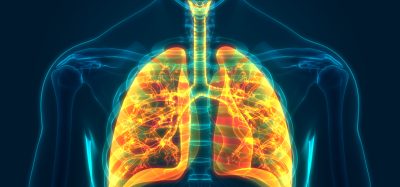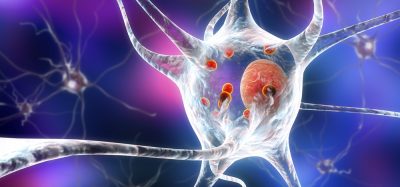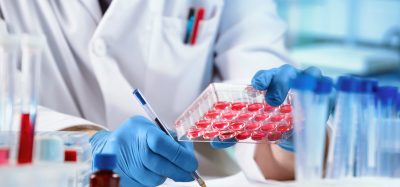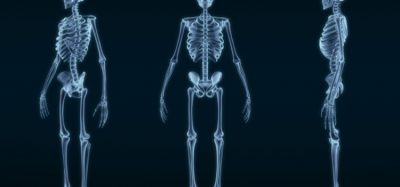Discovery could advance CAR T-cell therapy
Posted: 11 March 2022 | Ria Kakkad (Drug Target Review) | No comments yet
Scientists have found a way to “supercharge” tumour-attacking T cells, which could improve the effectiveness of cell-based cancer immunotherapy and expand the number of cancers it can treat.
Scientists have found a way to “supercharge” tumour-attacking T cells, which could improve the effectiveness of cell-based cancer immunotherapy and expand the number of cancers it can treat.
Researchers at Yale University, US have identified a way to “supercharge” tumour attacking T cells. The breakthrough, recently published in Cell Metabolism, could improve the effectiveness of cell-based cancer immunotherapy and also expand the number of cancers it could treat.
In the last decade, the US Food and Drug Administration has approved six CAR T-cell therapies to treat B-cell lymphomas and multiple myeloma, however, the effectiveness of the treatment tends to reduce over time. Furthermore, there are currently no approved CAR-T cell therapies to treat solid tumours.
The researchers developed a novel way to efficiently scan the genome of CD8 T cells for specific genes that might enhance the cells’ ability to attack cancer cells.
“We developed a new kind of genome-wide gain of function screen to find a molecular enzyme that acts like a foot on a gas pedal to increase metabolic activity in T cells,” said Associate Professor Sidi Chen, senior author of the paper.
They found high levels of activity in several genes, including PRODH2, a gene involved in cell metabolism, stimulate increased CAR T-cell activity in mouse models used to study three different types of cancers, including solid-tumour breast cancer. The findings show it is possible to produce hyper-metabolic CAR T cells that outperform existing cell therapies, researchers say.
Using these systems and findings, future studies can test the newly identified types of metabolically enhanced CAR T cells in clinical settings, to identify other T cell superchargers and to extend cell-based immunotherapy to different cancer types, especially solid tumours.
Related topics
Drug Delivery, Drug Development, Drug Discovery, Drug Discovery Processes, Drug Leads, Immuno-oncology, Immunotherapy, T cells, Therapeutics
Related conditions
Cancer, Solid tumour cancer
Related organisations
Yale University
Related people
Associate Professor Sidi Chen








